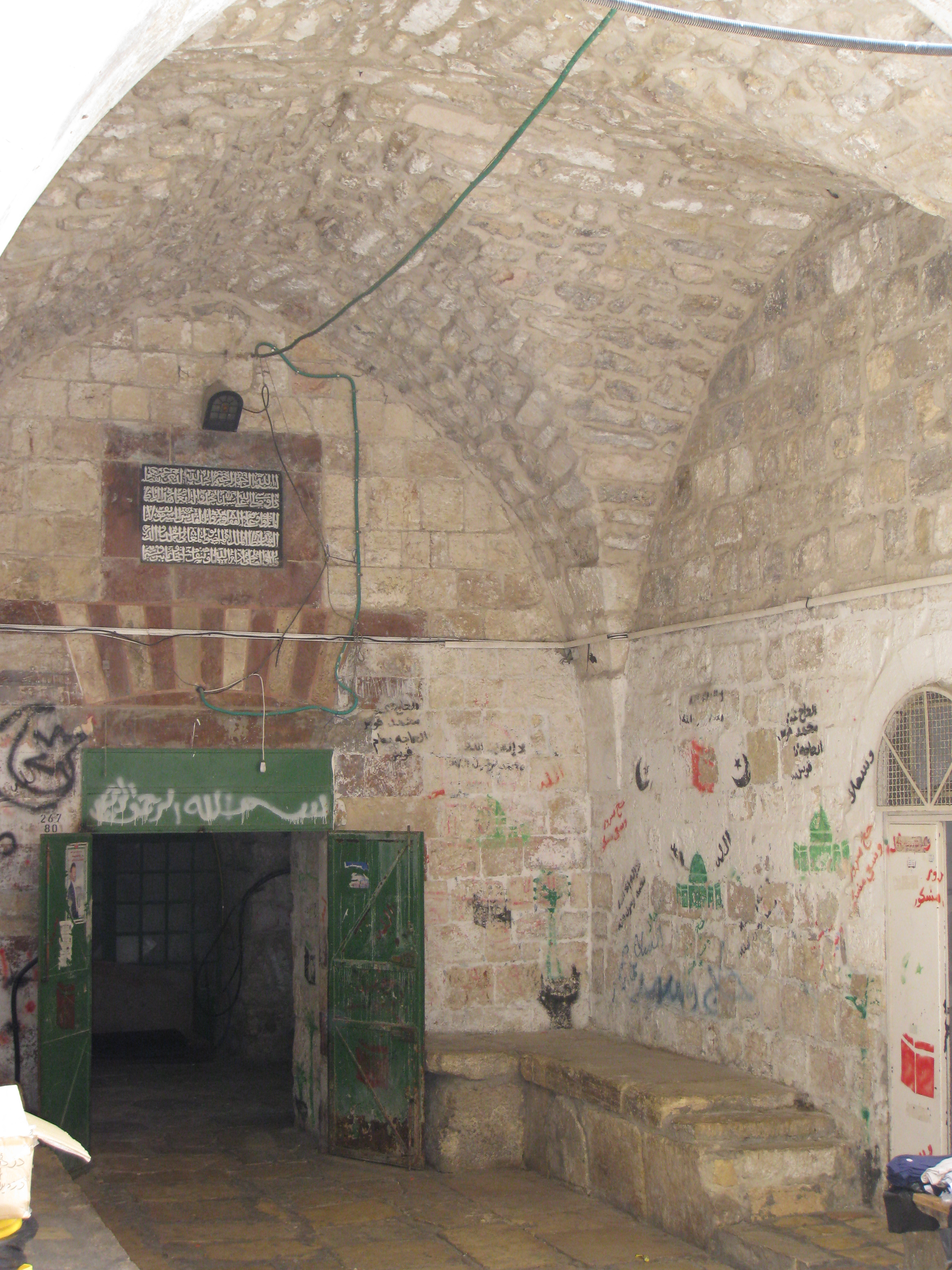|
Ibn Nubata
Abu Bakr Jamāl al-Dīn Muḥammad ibn Shams al-Dīn Muḥammad ibn Sharaf al-Dīn Muḥammad ibn al-Ḥasan ibn Ṣāliḥ ibn Yaḥyā ibn Ṭāhir ibn Muḥammad ibn al-Khaṭīb ʿAbd al-Raḥīm ibn Nubāta, better known simply as Ibn Nubāta (; April 1287 – October 14, 1366) was an Arab poet of the Mamluk period. Best known for his poetry, he also wrote prose. His works are largely not, or not critically, edited to this day, but in 2018 Thomas Bauer was reported to be completing an edition of his ''al-Qaṭr an-Nubātī'' ('Ibn Nubātah's Sweet Drops').Adam Talib, ''How Do You Say “Epigram” in Arabic? Literary History at the Limits of Comparison'', Brill Studies in Middle Eastern Literatures, 40 (Leiden: Brill, 2018); . Research on Ibn Nubata's work is still in its infancy. Ibn Nubata was the son of a Hadith scholar and from early youth his interest in poetry emerged in short poems he wrote. Born in Fusṭāṭ, in 1316 he left Cairo for Damascus and lived there un ... [...More Info...] [...Related Items...] OR: [Wikipedia] [Google] [Baidu] |
Cairo
Cairo ( ; ar, القاهرة, al-Qāhirah, ) is the capital of Egypt and its largest city, home to 10 million people. It is also part of the largest urban agglomeration in Africa, the Arab world and the Middle East: The Greater Cairo metropolitan area, with a population of 21.9 million, is the 12th-largest in the world by population. Cairo is associated with ancient Egypt, as the Giza pyramid complex and the ancient cities of Memphis and Heliopolis are located in its geographical area. Located near the Nile Delta, the city first developed as Fustat, a settlement founded after the Muslim conquest of Egypt in 640 next to an existing ancient Roman fortress, Babylon. Under the Fatimid dynasty a new city, ''al-Qāhirah'', was founded nearby in 969. It later superseded Fustat as the main urban centre during the Ayyubid and Mamluk periods (12th–16th centuries). Cairo has long been a centre of the region's political and cultural life, and is titled "the city of a thousand m ... [...More Info...] [...Related Items...] OR: [Wikipedia] [Google] [Baidu] |
Al-Mansur Qalawun
( ar, قلاوون الصالحي, – November 10, 1290) was the seventh Bahri Mamluk sultan; he ruled Egypt from 1279 to 1290. He was called (, "Qalāwūn the Victorious"). Biography and rise to power Qalawun was a Kipchak, ancient Turkic people that have since been absorbed into modern Kazakh people, from the Burj Oghlu tribe, who became a mamluk (slave soldier) in the 1240s after being sold to a member of Sultan al-Kamil's household. Qalawun was known as ''al-Alfī'' ("the Thousander"), because as-Salih Ayyub bought him for a thousand dinars of gold. Qalawun initially barely spoke Arabic, but he rose in power and influence and became an emir under Sultan Baibars, whose son, al-Said Barakah, was married to Qalawun's daughter. Baibars died in 1277 and was succeeded by Barakah. In early 1279, as Barakah and Qalawun invaded the Armenian Kingdom of Cilicia, there was a revolt in Egypt that forced Barakah to abdicate upon his return home. He was succeeded by his brother Solami ... [...More Info...] [...Related Items...] OR: [Wikipedia] [Google] [Baidu] |
14th-century People From The Mamluk Sultanate
As a means of recording the passage of time, the 14th century was a century lasting from 1 January 1301 ( MCCCI), to 31 December 1400 ( MCD). It is estimated that the century witnessed the death of more than 45 million lives from political and natural disasters in both Europe and the Mongol Empire. West Africa experienced economic growth and prosperity. In Europe, the Black Death claimed 25 million lives wiping out one third of the European population while the Kingdom of England and the Kingdom of France fought in the protracted Hundred Years' War after the death of Charles IV, King of France led to a claim to the French throne by Edward III, King of England. This period is considered the height of chivalry and marks the beginning of strong separate identities for both England and France as well as the foundation of the Italian Renaissance and Ottoman Empire. In Asia, Tamerlane (Timur), established the Timurid Empire, history's third largest empire to have been ever establish ... [...More Info...] [...Related Items...] OR: [Wikipedia] [Google] [Baidu] |
14th-century Arabic Poets
As a means of recording the passage of time, the 14th century was a century lasting from 1 January 1301 ( MCCCI), to 31 December 1400 ( MCD). It is estimated that the century witnessed the death of more than 45 million lives from political and natural disasters in both Europe and the Mongol Empire. West Africa experienced economic growth and prosperity. In Europe, the Black Death claimed 25 million lives wiping out one third of the European population while the Kingdom of England and the Kingdom of France fought in the protracted Hundred Years' War after the death of Charles IV, King of France led to a claim to the French throne by Edward III, King of England. This period is considered the height of chivalry and marks the beginning of strong separate identities for both England and France as well as the foundation of the Italian Renaissance and Ottoman Empire. In Asia, Tamerlane (Timur), established the Timurid Empire, history's third largest empire to have been ever establish ... [...More Info...] [...Related Items...] OR: [Wikipedia] [Google] [Baidu] |


